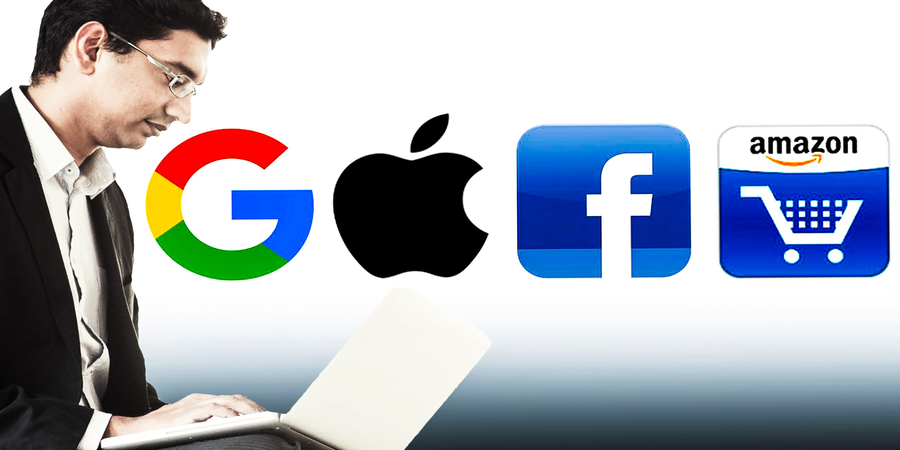Japan will join forces with the United States and
Kazuyuki Furuya, chairman of Japan’s Fair Trade Commission (FTC), also said Tokyo could open a probe into any merger or business tie-up involving fitness tracker maker Fitbit, which Google hopes to buy, if the size of such deals are big enough.
“If the size of any merger or business-tie up is big, we can launch an anti-monopoly investigation into the buyer’s process of acquiring a start-up [like Fitbit],” he told Reuters. “We’re closely watching developments including in Europe.”
EU antitrust regulators in August launched an investigation into a $2.1 billion deal by Alphabet unit Google’s bid to buy wearables company Fitbit.
Reuters reported in late September that the EU is set to approve the deal, following concessions from Google about how it will restrict its usage of customer data. The FT reported Google promised not to use Fitbit users’ data to target personalized ads at them for ten years.
Japan is laying the groundwork to regulate platform operators. Among them are big tech giants dubbed “GAFA” — Google, Apple, Amazon and Facebook — that face various antitrust probes in Western nations.
This comes two weeks after US House Democrats laid out a 449-page report claiming Facebook, Amazon, Apple, and Google wield and abuse monopolistic business models. It followed a year-long antitrust investigation.
Furuya, who assumed the post in September, also said the FTC would conduct research into Japan’s mobile phone market to see whether there is any room for improvement to spur competition.
Any such move would help Prime Minister Yoshihide Suga’s push to slash Japan’s mobile phone charges, which he has repeatedly criticised as too high.
Furuya countered the view that helping the government meet its policy priorities could undermine the FTC’s position as a body mandated to act independently from political meddling.
“If there’s a policy priority for the government, there’s no doubt the FTC should think about what it can do on that front,” Furuya said.
“By participating in the government’s debate on policy issues, we have been reflecting our thinking in the process. This is something our organisation should do.”



